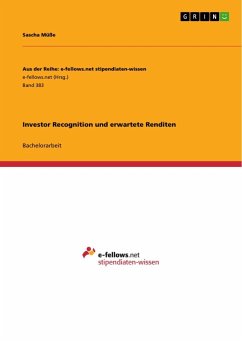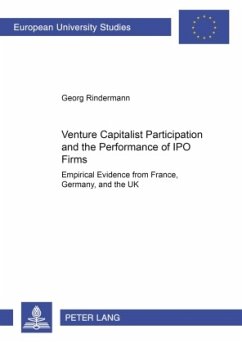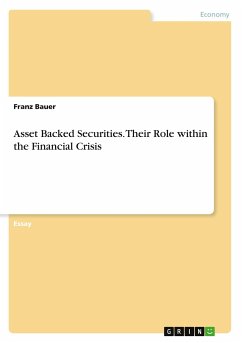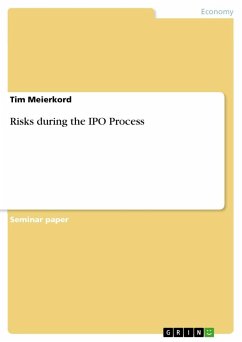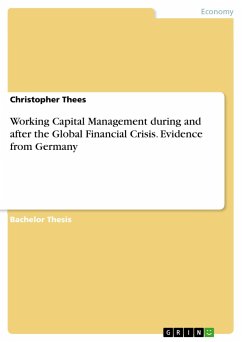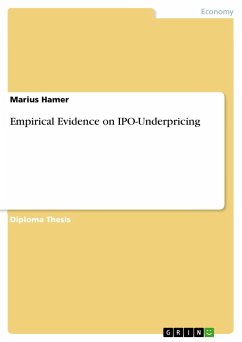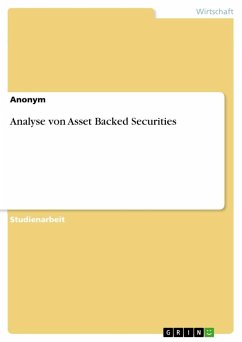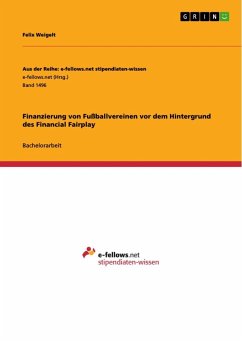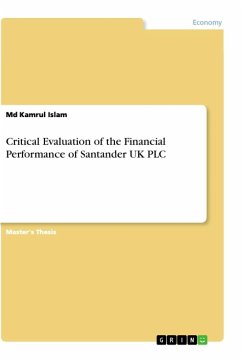
Performance of Private Equity-Backed IPOs. Evidence from the UK after the financial crisis

PAYBACK Punkte
0 °P sammeln!
This study aims to analyse whether PE-backed IPOs in the UK in a post-financial crisis period retain to show first day underpricing, as it is true for average IPOs. However, more importantly is to find whether consisent with Johannson (2011), who found that European PE-backed IPOs have less underpricing, 4.67% compared to 16.40% in case of average IPOs, in paricular PE-backed IPOs in the UK show less underpricing than their non-backed counterparts. In the past, that is found true for PE-backed IPOs on the LSE between 1992 and 2005, and PE-backed IPOs on the LSE and the Alternative Investment M...
This study aims to analyse whether PE-backed IPOs in the UK in a post-financial crisis period retain to show first day underpricing, as it is true for average IPOs. However, more importantly is to find whether consisent with Johannson (2011), who found that European PE-backed IPOs have less underpricing, 4.67% compared to 16.40% in case of average IPOs, in paricular PE-backed IPOs in the UK show less underpricing than their non-backed counterparts. In the past, that is found true for PE-backed IPOs on the LSE between 1992 and 2005, and PE-backed IPOs on the LSE and the Alternative Investment Market (AIM) between 2011 and 2011. Hence, the first research question is: Do PE-backed IPOs in the UK show less underpricing on the initial day than non-sponsor backed IPOs in a post-financial crisis period? And secondly, do PE-backed IPOs in the UK in the long-run outperform non-sponsor backed IPOs in post-financial crisis period?
One rationale is to examine whether equity markets experienced structural changes which might potentially affect the performance of PE-backed IPOs, which were deemed as such with superior returns. From a practical perspective, this study aims to make a contribution to investors who consider investing in equities in that sense, that it allows to better understand the aftermarket performance of PE-backed IPOs in the UK in a period after a major global financial crisis.
One rationale is to examine whether equity markets experienced structural changes which might potentially affect the performance of PE-backed IPOs, which were deemed as such with superior returns. From a practical perspective, this study aims to make a contribution to investors who consider investing in equities in that sense, that it allows to better understand the aftermarket performance of PE-backed IPOs in the UK in a period after a major global financial crisis.




